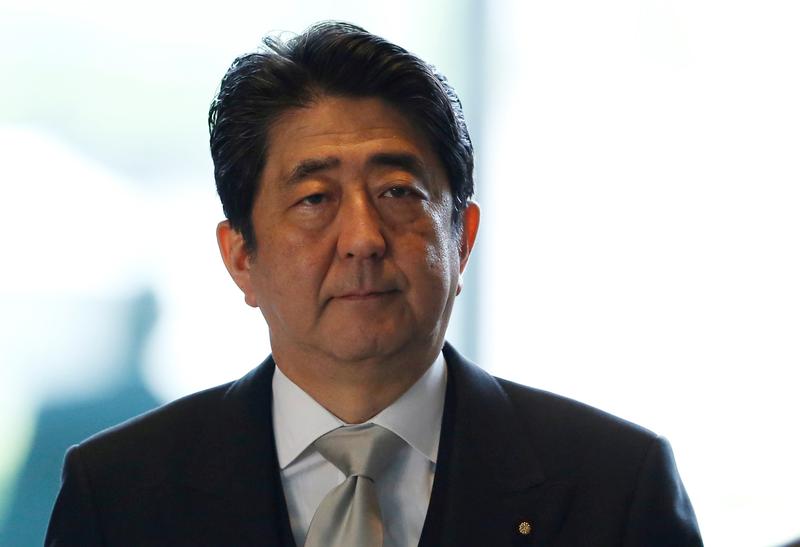Abe could soon call an October election, Reuters says, citing government sources. That makes sense: his popularity crashed earlier this year but has rebounded amid heightened tensions over North Korea. The shambolic opposition polls far below Abe’s Liberal Democratic Party. It is also too early for one potential rival, Tokyo Governor Yuriko Koike, who has her own party, to mount a serious challenge.
The prime minister’s programme of economic revitalisation, Abenomics, remains a work in progress. But for investors, stable leadership is clearly preferable to the string of weak premiers who led Japan for just a few months each before Abe took over in late 2012.
As part of his pitch to the public, however, Reuters says Abe will earmark some of the proceeds of a 2019 increase in consumption tax, from 8 to 10 percent, for spending on education. A previous increase, from 5 percent, pushed Japan into recession, and Abe has already postponed the second raise once. Following through this time is likely to dent consumer confidence and spark a slowdown, if not another outright recession, in turn hindering the long fight to restore healthy rates of inflation.
Yet any economic pain will tilt the calculus for the Bank of Japan. It is still buying huge amounts of bonds and exchange-traded funds, and holding 10-year yields around zero, even as peers in Washington and Frankfurt move away from “quantitative easing”. Now as Jesper Koll, the head of Japan for ETF specialist WisdomTree, argues, the BOJ probably “will have to do more for longer”.
The BOJ’s already-huge balance sheet raises long-term questions. But in the shorter term, market participants get basically free debt, a weak yen, and a stock market buoyed by heavy official buying of ETFs. That sounds like an election programme investors can get behind.
_______________________________________________________________________
Request a free trial of Breakingviews here.


